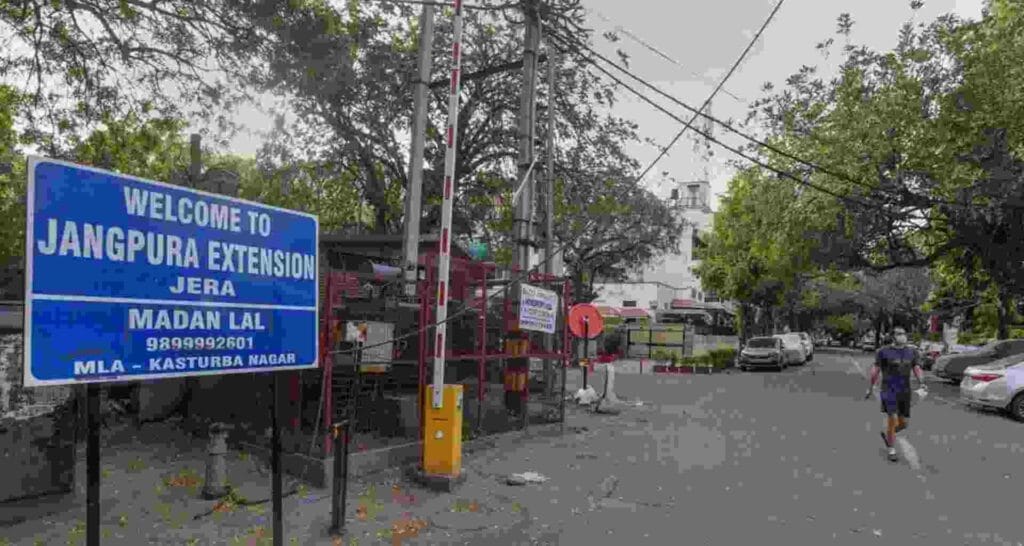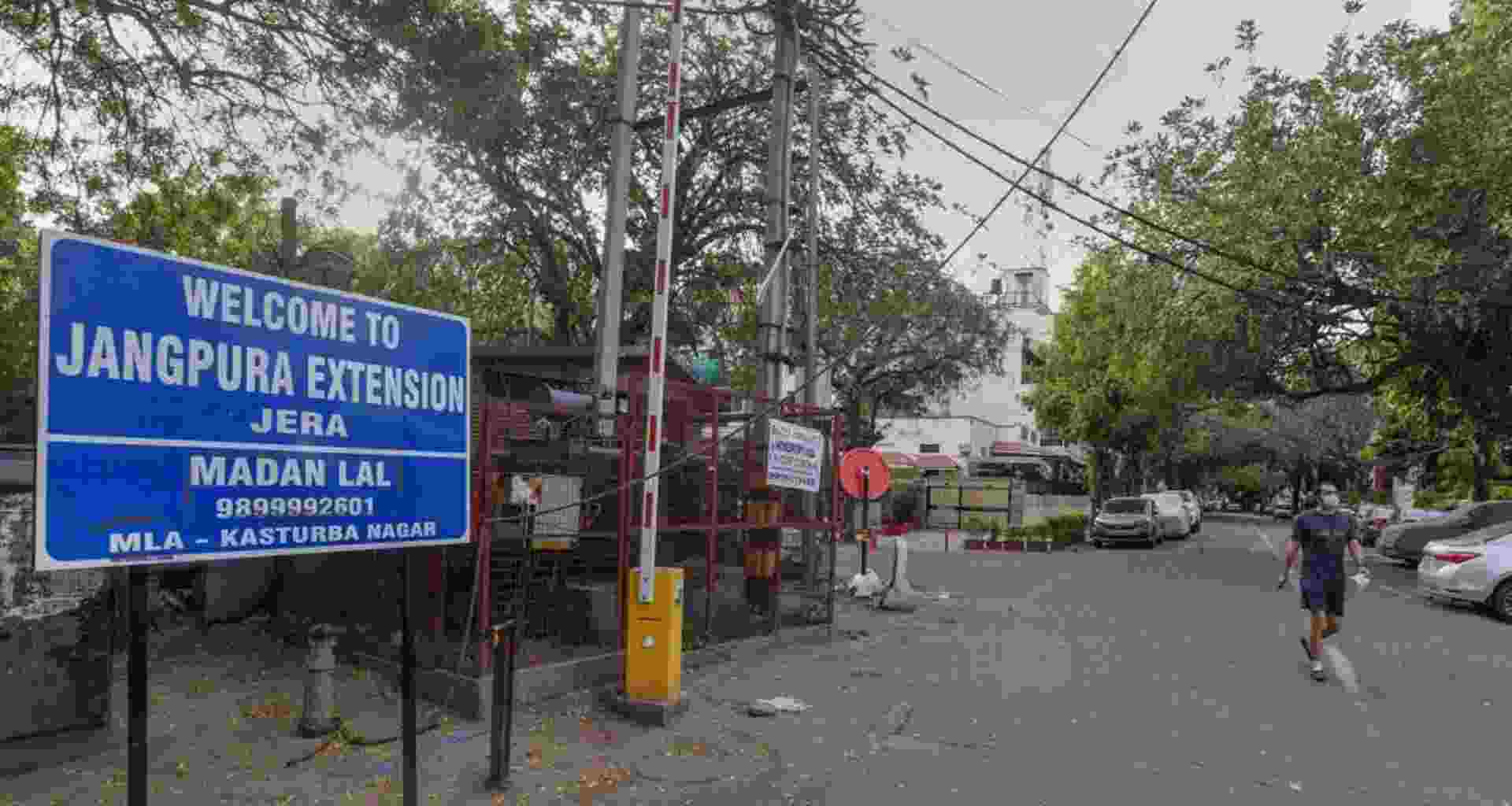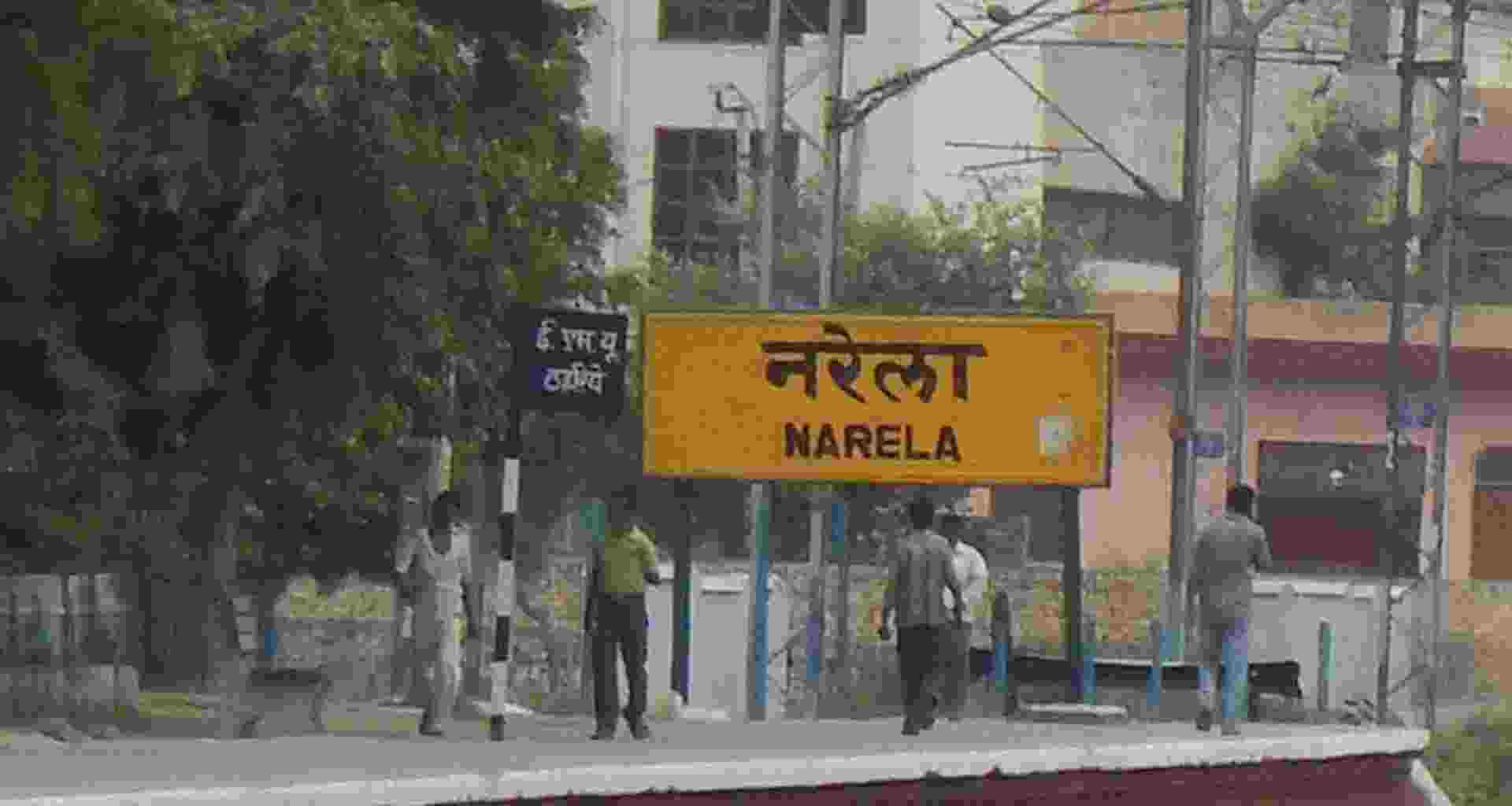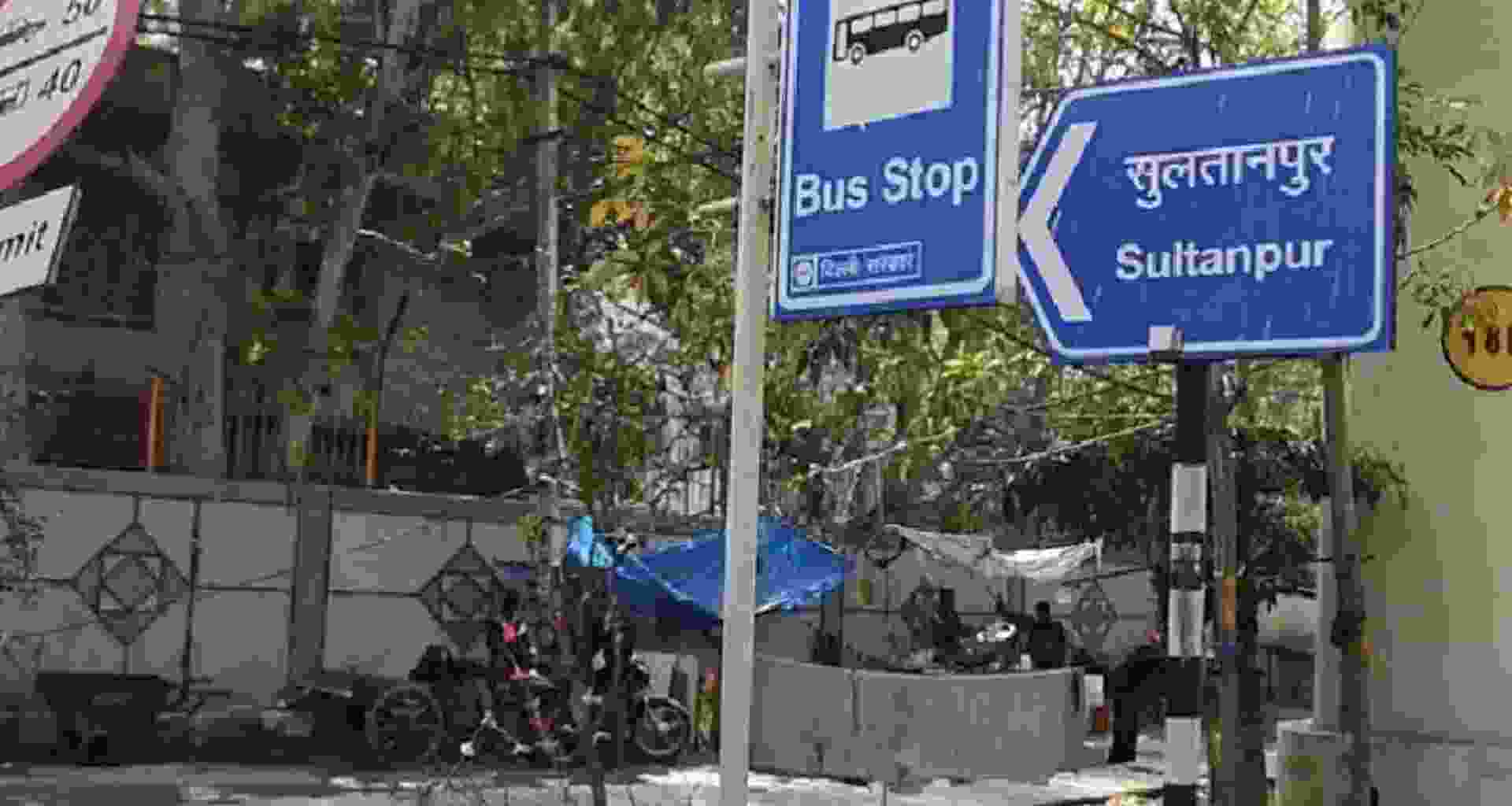Jangpura Assembly Constituency, a prominent seat in Delhi, lies in the heart of South East Delhi district. Known for its upscale neighbourhoods, Jangpura is a region of political significance. As one of the seventy assembly constituencies in the National Capital Territory of Delhi, it holds a unique place in the city’s political spectrum. This constituency is a part of the South East Delhi Lok Sabha constituency, representing a diverse range of voters and interests.
Historical Overview: Jangpura Assembly Constituency
Historically, Jangpura has seen varied political leadership, with elections revealing shifts in party dominance over time. Initially, the constituency was known for its strong Indian National Congress (INC) presence, with prominent leaders like Jag Pravesh Chandra winning in 1993. However, the emergence of newer political forces like the Aam Aadmi Party (AAP) and Bharatiya Janata Party (BJP) has altered the political equation in recent years. Let’s explore the electoral history and voting patterns in Jangpura to understand how political fortunes have evolved.
Electoral History and Results: A Political Tug-of-War
2025 Delhi Assembly Elections
| Candidate Name | Party | Votes | Vote Change | Status |
|---|---|---|---|---|
| TARVINDER SINGH MARWAH | Bharatiya Janata Party | 38,859 | +675 | Won |
| MANISH SISODIA | Aam Aadmi Party | 38,184 | -675 | Lost |
| FARHAD SURI | Indian National Congress | 7,350 | -31,509 | Lost |
| ASHOK BAMBANI | Independent | 171 | -38,688 | Lost |
| RAVINDRA SINGH RAVIYODAYA | Bahujan Samaj Party | 155 | -38,704 | Lost |
| BIJENDER | Haryana Jansena Party | 119 | -38,740 | Lost |
The election results will reflect the dynamic political shifts within Delhi and could set the tone for future political developments in the region.
2020 Delhi Assembly Election
The 2020 Delhi Assembly election saw a resounding victory for Praveen Kumar of the Aam Aadmi Party (AAP), who secured 50.88% of the votes. His win was marked by a +2.77% swing in AAP’s favor, reinforcing the party’s dominance in Jangpura. The BJP’s Impreet Singh Bakshi and the Congress’s Tarvinder Singh Marwah were the other major contenders but failed to challenge AAP’s stronghold.
Election Results for 2020:
| Party | Candidate | Votes | Percentage (%) | Vote Swing (%) |
|---|---|---|---|---|
| AAP | Praveen Kumar | 55,133 | 50.88 | +2.77 |
| BJP | Impreet Singh Bakshi | 29,070 | 32.77 | +7.06 |
| INC | Tarvinder Singh Marwah | 13,565 | 15.29 | -9.53 |
| BSP | Subhash | 247 | 0.28 | -0.13 |
| NOTA | None of the Above | 419 | 0.47 | +0.13 |
The majority was 16,063 votes, a comfortable margin for AAP, although the swing was slightly less than in previous years, reflecting some dissatisfaction among the electorate.
2015 Delhi Assembly Election
In 2015, Praveen Kumar again emerged victorious, with 48.11% of the votes, a +11.16% swing from the previous election. The BJP’s Maninder Singh Dhir and INC’s Tarvinder Singh Marwah were again contenders but failed to break AAP’s dominance.
Election Results for 2015:
| Party | Candidate | Votes | Percentage (%) | Vote Swing (%) |
|---|---|---|---|---|
| AAP | Praveen Kumar | 43,927 | 48.11 | +11.16 |
| BJP | Maninder Singh Dhir | 23,477 | 25.71 | +2.10 |
| INC | Tarvinder Singh Marwah | 22,662 | 24.82 | -9.96 |
| BSP | Ashok | 382 | 0.41 | -0.34 |
| NOTA | None of the Above | 314 | 0.34 | -0.35 |
AAP’s majority was 20,450 votes, a significant margin, further consolidating its hold in the constituency.
2013 Delhi Assembly Election
In a major upset, Maninder Singh Dhir of AAP clinched the seat in 2013 with 36.95% of the votes, a feat achieved by defeating Tarvinder Singh Marwah of INC by a narrow margin of 1,744 votes. This election marked the rise of AAP as a formidable force in Delhi politics, as it gained from INC’s traditional stronghold.
Election Results for 2013:
| Party | Candidate | Votes | Percentage (%) | Vote Swing (%) |
|---|---|---|---|---|
| AAP | Maninder Singh Dhir | 29,701 | 36.95 | +36.95 |
| INC | Tarvinder Singh Marwah | 27,957 | 34.78 | -22.22 |
| BJP | Pankaj Jain | 18,978 | 23.61 | -12.05 |
| BSP | Suresh Chand | 600 | 0.75 | -4.13 |
| NOTA | None of the Above | 555 | 0.69 | – |
Key Political Parties and Their Stronghold
Jangpura Assembly Constituency has witnessed a shifting allegiance over the years. The Indian National Congress (INC) dominated the constituency in earlier years, but the Aam Aadmi Party (AAP) has become the dominant force in the recent past. The Bharatiya Janata Party (BJP) remains a significant challenger but has yet to secure a win in Jangpura.

2010-2003 Delhi Assembly Elections – The INC Era
Between 2008 and 2003, the Indian National Congress was the dominant party in Jangpura. Tarvinder Singh Marwah held the seat in 2008 and 2003, winning with 57.00% and 68.88% of the votes, respectively. This period saw INC’s stronghold, which was eventually broken by AAP.
2008 Election Results:
| Party | Candidate | Votes | Percentage (%) | Vote Swing (%) |
|---|---|---|---|---|
| INC | Tarvinder Singh Marwah | 37,261 | 57.00 | -11.88 |
| BJP | Manjinder Singh Sirsa | 23,310 | 35.66 | +9.08 |
The majority for INC in 2008 was 13,956 votes, a significant margin, but with a declining percentage compared to the 2003 results.
Caste and Community Breakdown in Jangpura
A deep dive into the demographics of Jangpura reveals an intriguing mix of communities that play a vital role in shaping the electoral outcomes. The largest communities include:
| Community Name | Voter Count | Percentage (%) |
|---|---|---|
| Muslim | 23,939 | 16.3% |
| Singh | 16,467 | 11.2% |
| Kumar | 8,929 | 6.1% |
| Lal | 5,674 | 3.9% |
| Ram | 4,723 | 3.2% |
Looking Ahead to 2025: Jangpura Assembly Constituency
The 2025 election will be pivotal for all major political players in Jangpura. AAP, currently the reigning champion, will aim to hold on to its stronghold. BJP, with its experienced candidates, and INC, with new faces, will look to challenge AAP’s dominance.
Jangpura remains a highly contested seat in Delhi’s political landscape. As the 2025 Delhi Assembly elections approach, the voters of Jangpura will continue to play a crucial role in shaping the future of the constituency and Delhi’s politics at large.
In conclusion, Jangpura’s rich political history and diverse electorate make it a critical area to watch in the upcoming elections. The political shifts over the years reflect the changing dynamics of Delhi’s political culture.



